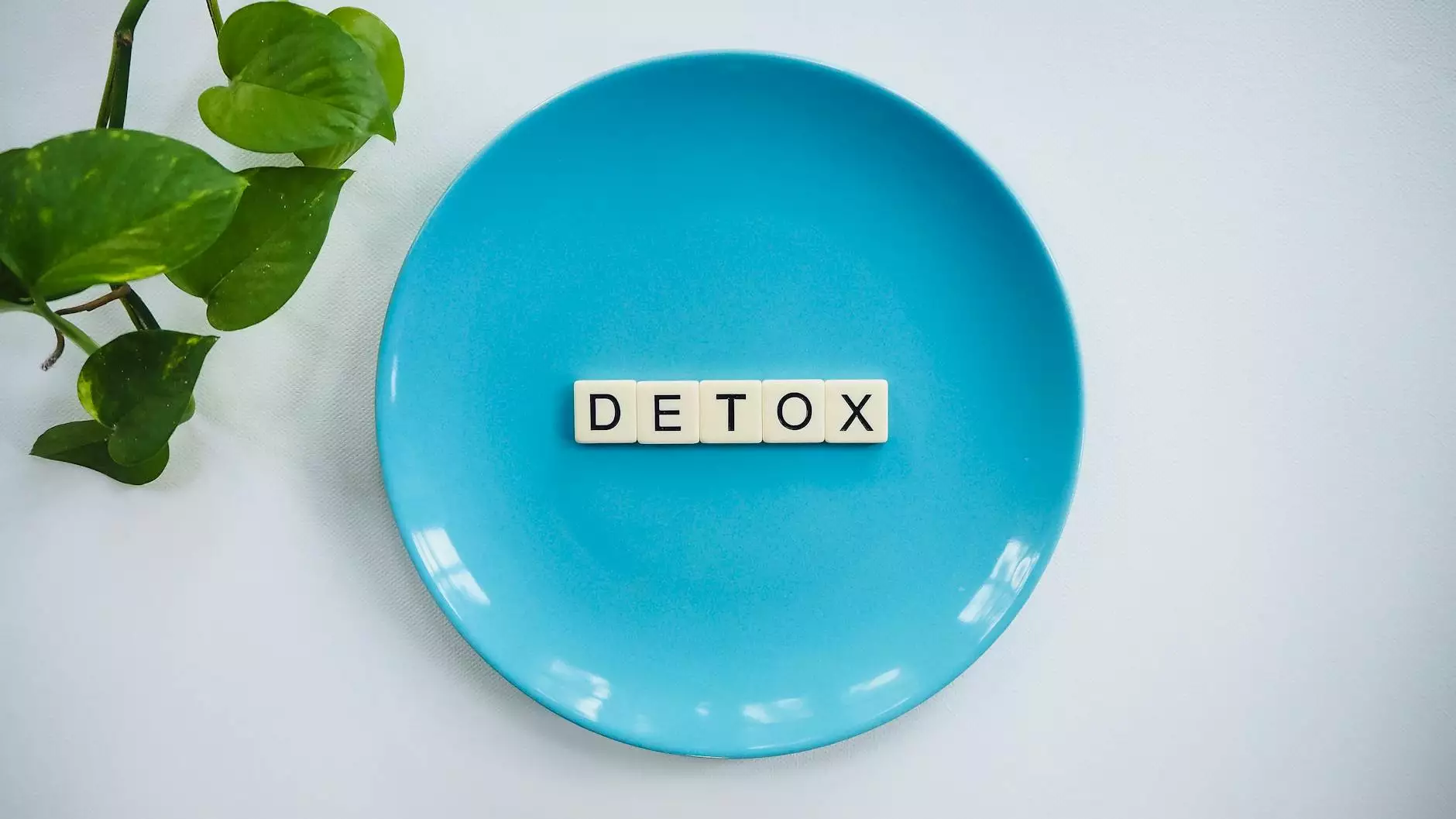Understanding Ibogaine Drug Treatment: A Comprehensive Guide

Ibogaine drug treatment has recently gained attention as a promising alternative for those struggling with addiction. This natural therapy, derived from the root bark of the African iboga shrub, offers unique insights into addiction recovery. Through this article, we will explore the mechanisms, benefits, and considerations of ibogaine treatment, shedding light on how it can transform lives.
The Science Behind Ibogaine
Ibogaine is a psychoactive substance that interacts with various neurotransmitter systems in the brain. When ingested, it undergoes metabolic processes that ultimately contribute to its therapeutic effects. Below are key mechanisms through which ibogaine exerts its influence:
- NMDA Receptor Interaction: Ibogaine acts as a modulator of glutamate receptors, particularly the NMDA receptor. This modulation can help mitigate withdrawal symptoms associated with opioid addiction.
- Dopamine Release: The drug has been shown to increase dopamine levels, promoting a sense of well-being and reducing cravings.
- Opioid Receptor Interaction: Ibogaine binds to various opioid receptors, providing an alternative pathway for those grappling with opioid dependency.
The Ibogain Treatment Process
The ibogaine drug treatment process can differ depending on the individual's needs and the treatment facility. Here is a typical overview of what one might expect:
Initial Assessment
Before treatment begins, patients undergo a comprehensive medical and psychological evaluation. This is crucial to ensure safety during the ibogaine treatment.
Preparation Phase
Patients may need to prepare physically and mentally for the ibogaine experience. This could involve dietary restrictions or counseling sessions to foster a positive mindset.
Ibogain Administration
The treatment is usually administered in a controlled setting under medical supervision. Patients typically consume the ibogaine in capsule or extract form. The experience often lasts several hours and is marked by intense introspection.
Aftercare and Integration
Once the acute effects of ibogaine subside, aftercare is critical. This may include therapy sessions to help integrate the experiences and insights gained during treatment into daily life.
Benefits of Ibogaine Drug Treatment
The benefits of ibogaine drug treatment extend beyond the immediate effects. Here are some key advantages:
- Rapid Detoxification: Many patients report significantly reduced withdrawal symptoms, leading to a faster detox process compared to traditional methods.
- Long-lasting Craving Reduction: Clinical studies indicate that ibogaine can reduce cravings for several months following treatment.
- Psychological Insights: Patients often experience profound psychological breakthroughs, enabling them to address underlying trauma and emotional issues.
- Holistic Healing: The treatment addresses not just physical addiction but also emotional and psychological healing.
Considerations and Risks
While promising, ibogaine drug treatment is not without its challenges. Here are some important considerations:
Potential Side Effects
Some individuals may experience side effects, including:
- Nausea and vomiting
- Visual and auditory hallucinations
- Cardiovascular strain
- Anxiety or agitation
Medical Supervision Required
Due to the potential for severe reactions, ibogaine treatment must be conducted under strict medical supervision, particularly for those with pre-existing health conditions.
Legality and Accessibility
The legality of ibogaine varies by country. In some regions, it remains classified as a controlled substance. Patients should research the legal status and available clinics that offer treatment.
Real-life Success Stories
Many individuals have reported transformative experiences through ibogaine treatment. Here are a few success stories:
John's Journey from Opioid Dependency
After years of battling opioid addiction, John sought help through ibogaine treatment. He described the experience as an awakening, providing him with clarity and a renewed sense of purpose. Following treatment, he successfully maintained sobriety, attributing it to the insights gained during his ibogaine experience.
Mary's Battle with Alcoholism
Mary struggled with alcoholism for over a decade. After undergoing ibogaine treatment, she reported significant cravings reduction and developed healthier coping mechanisms. She emphasizes the importance of aftercare in her recovery journey.
Choosing the Right Ibogaine Treatment Center
When considering ibogaine drug treatment, selecting the right treatment center is crucial. Here are essential factors to evaluate:
- Certification and Licensing: Ensure the treatment center is accredited and follows medical best practices.
- Experienced Staff: Look for centers with qualified medical professionals experienced in administering ibogaine.
- Support Services: Assess the availability of aftercare and psychological support post-treatment.
- Patient Reviews: Research testimonials and reviews from previous patients to gauge their experiences.
The Future of Ibogaine in Addiction Treatment
As research continues, the future of ibogaine drug treatment looks promising. Ongoing studies aim to better understand its therapeutic effects and optimize treatment protocols. Increased awareness and acceptance could lead to wider accessibility, offering hope to countless individuals struggling with addiction.
Conclusion
In conclusion, ibogaine drug treatment represents a profound shift in how we approach addiction recovery. Its unique properties and ability to foster deep psychological healing make it an invaluable option for many. While consideration of risks and proper medical supervision are crucial, the potential for transformation is immense. If you or a loved one are considering this path, be diligent in your research and choose the right support system on this journey towards healing.









